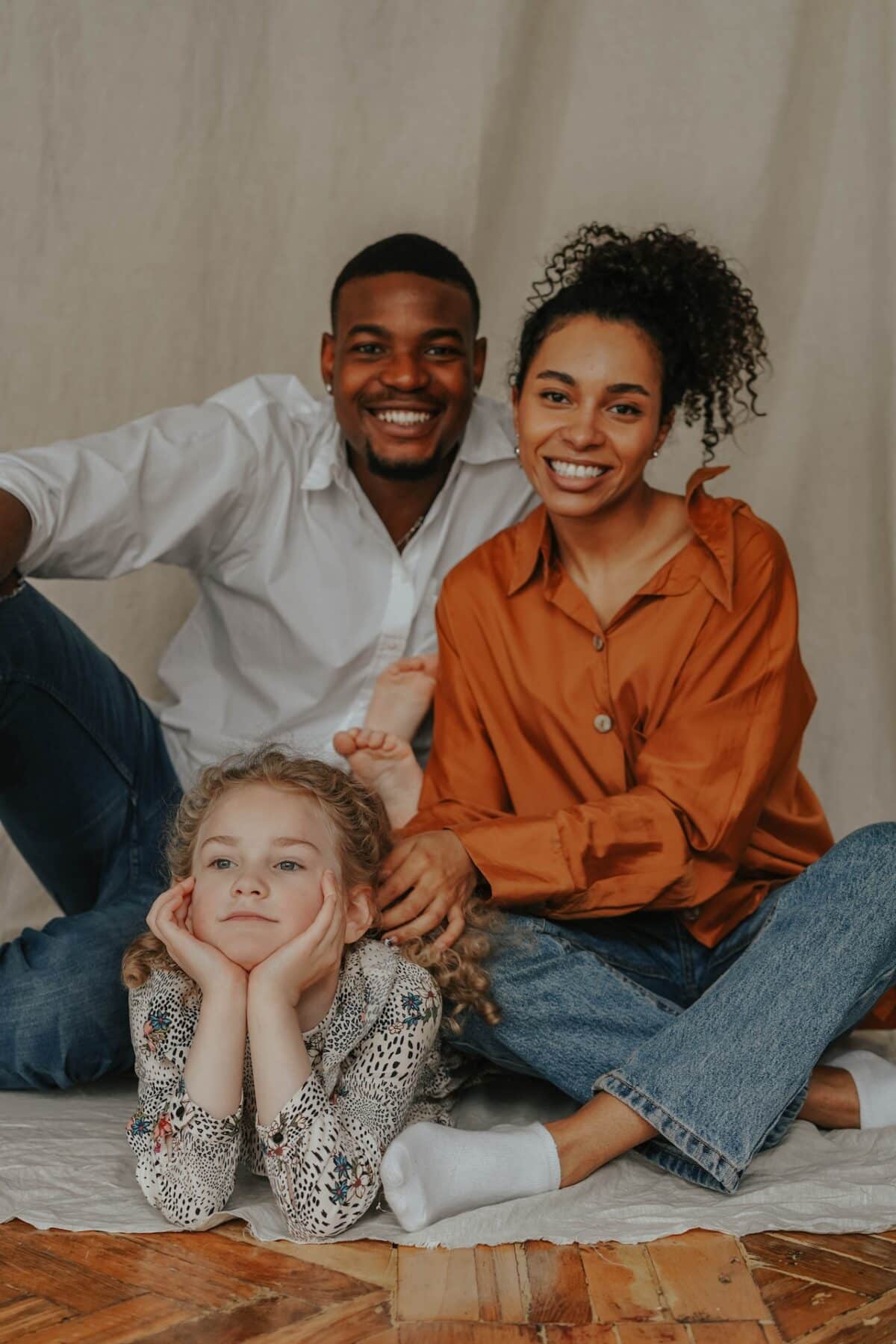By Sheila Ferguson
Rhonda Wilson, a community-based service worker in Cleveland’s Hough neighborhood, emphasizes the critical need for more licensed foster and adoptive homes in Cuyahoga County. “Cuyahoga County and the Greater Cleveland Community is currently in a crisis relative to the limited number of available foster homes to care for children in need,” said Wilson.
The breakdown of children in care, based on the Division of Child and Family Services’ July 2023 report, reveals the following distribution:
- 52% are in foster care
- 33% are in Kinship Care
- 2% reside in group homes
- 6% in residential care
- 3% reside in adoptive homes
- 4% live in independent Living.
Demographically, the children in care are 49% female and 51% male. By race, the breakdown is as follows:
- 25% White
- 64% African American
- 9% Hispanic
Wilson stressed the impact of the shortage of foster-to-adopt homes on families in crisis, noting that families often rely on kinship care providers or friends and neighbors for support. However, she points out that not all families have the capacity to provide adequate care due to various constraints, such as financial limitations, criminal records, or unsafe living conditions.
Wilson calls upon prospective foster parents to step forward, stating that “the world needs foster parents representing all racial and ethnic groups willing to give children the tender, loving care they need to grow into healthy and productive adults.” She particularly highlights the need for more African American families to serve as foster parents, given the increasing number of Black children entering the system in Cuyahoga County.
To become a foster parent, Wilson outlines essential considerations and requirements:
- Loving Heart and Commitment: Demonstrated dedication to caring for children.
- Clean Character and Work History: No criminal record.
- Time Commitment: Willingness to complete the Foster Care-Foster to Adopt licensing application and training.
- Training Requirements: Completion of 30 hours of foster-to-adopt licensing training covering various topics related to caregiving.
- Personal Qualifications: Minimum age of 21, financial stability, good physical, emotional, and mental health, and stability in relationships.
- Unconditional Love: Willingness to provide support and care to children facing challenges.
Prospective foster parents are encouraged to initiate the process online through foster care and adoption or the appropriate agencies handling licensing and training. According to Wilson, answering “yes” to these considerations means that individuals are ready to begin the journey of fostering or adopting a child in need.




